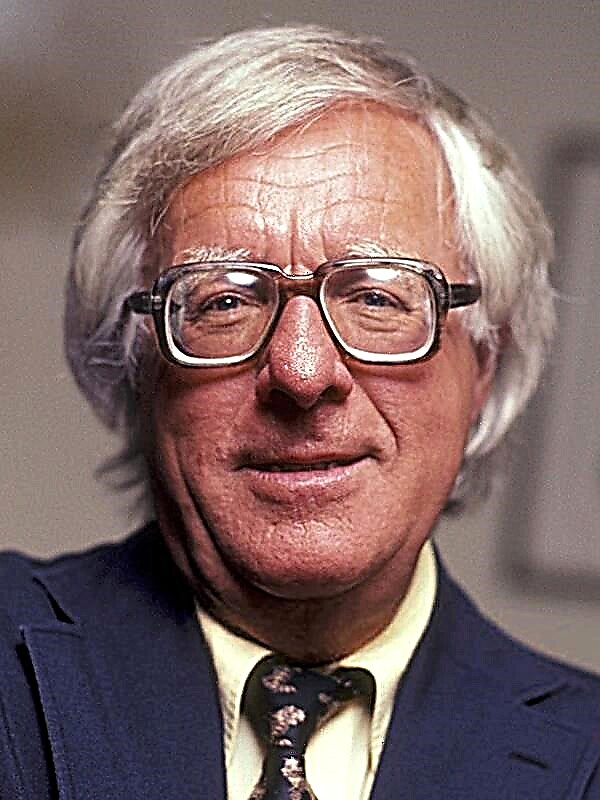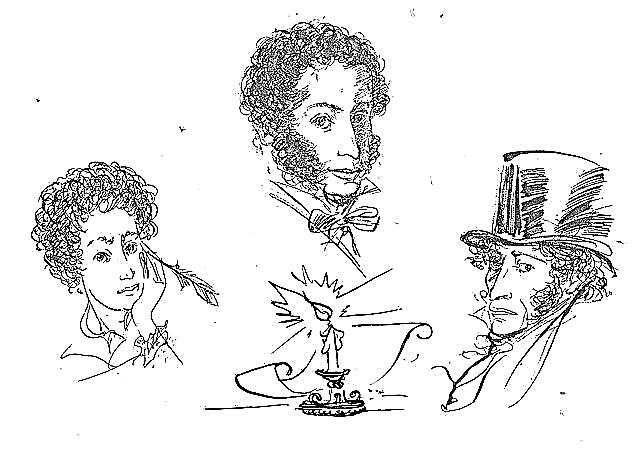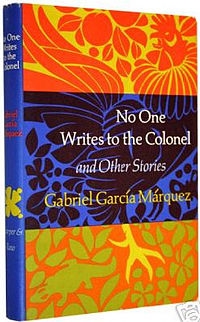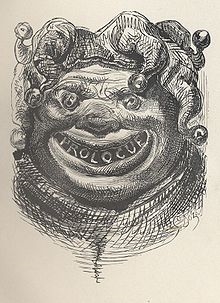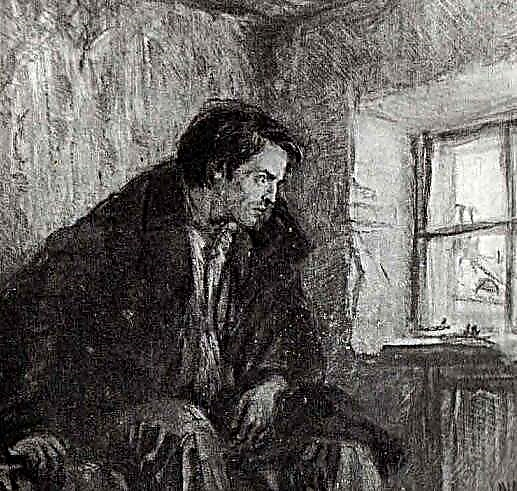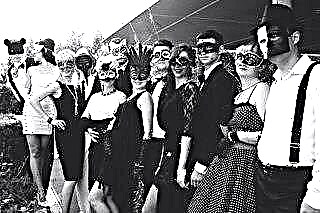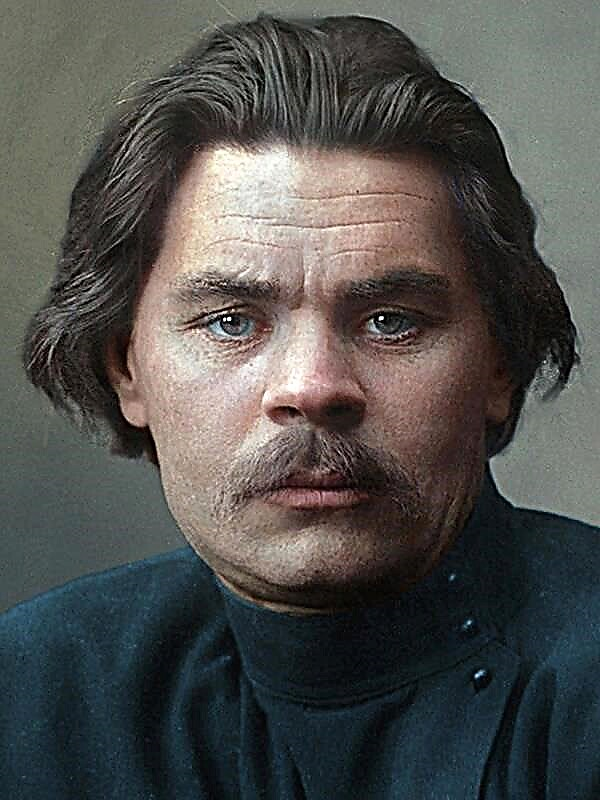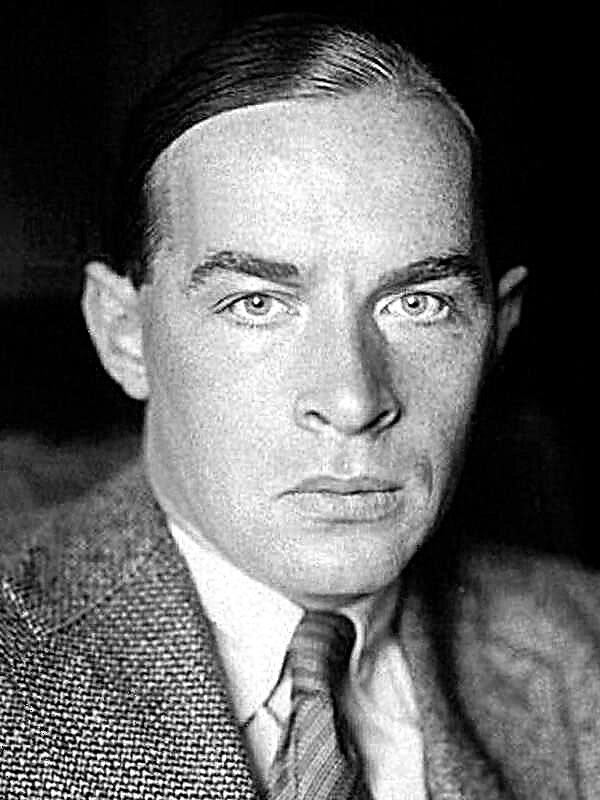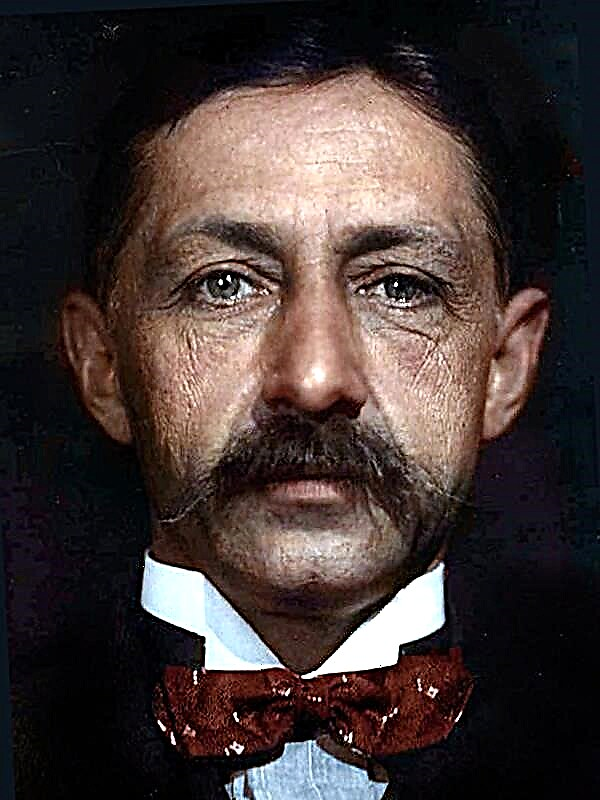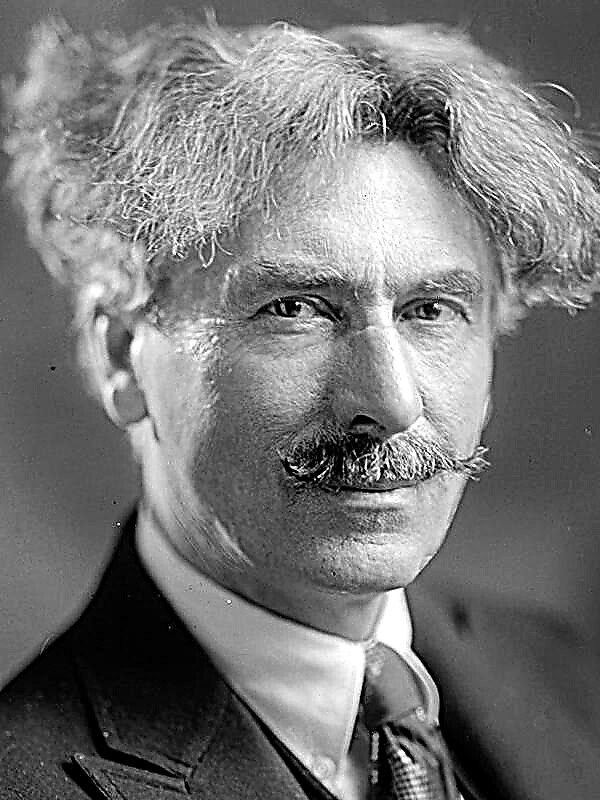(338 words) “Cherry Orchard” is the crown of Chekhov’s work, created by him one year before his death. Analyzing this play, it is important to turn to the temporary context of its writing, because without reference to the era, it is impossible to grasp the main meaning of this work, to understand its symbolism, which was urgent at that time. It is also worth noting that the author himself indicated the genre of his drama - this is a comedy. It was written in 1903, which is the most important, on the eve of the First Russian Revolution. So is the “Cherry Orchard” a tragic, but truthful caricature of the events of the beginning of the 20th century?
Let us turn to the period of the creation of the work in order to understand why Russia found just such a reflection in the play. With the advent of the new century, the onset of large-scale changes became inevitable, writers analyzed the past, present and tried to predict what the country would expect in the future. Chekhov accurately caught the tendency of the extinction of tsarist Russia, predicted its imminent collapse.
In the work we see representatives of all three time layers: Ranevskaya and Gaev - a collective image of the inveterate natives of the "noble nests", here is their faithful servant Firs. Lopakhin is a man of a new time, he was able to achieve success with his work, and, despite his good financial situation, the merchant continues to work, he does not lead an idle life, as Lyubov Andreevna and her brother did it, but treats everything rationally and pragmatically. But there are characters in the play of progressive views, those who will live in a different Russia when the autocracy falls and the noble "cherry orchards" disappear, for example, student Petya Trofimov. So what is this garden all the same? Interestingly, having come up with the name of his play, Chekhov hastened to share this with Stanislavsky. In a conversation with a friend, he emphasized that he entitled the work “The Cherry Orchard” with an emphasis on “and”! But later the writer made the shock letter "ё". It would seem that nothing, at first glance, has not changed, but the changes are really cardinal, and they concerned the ideological background of comedy. On this account, Stanislavsky wrote:
“Cherry Orchard” is a business, commercial, income-generating garden. <...> But the “Cherry Orchard” does not bring any income, it keeps in itself and in its blossoming whiteness the poetry of the former noble life.
The main character of this comedy is immortalized in the title, as a symbol of all of Russia, one that is outliving its former splendor and destined to fall under the ax of the Lopakhins and Trofimovs.

